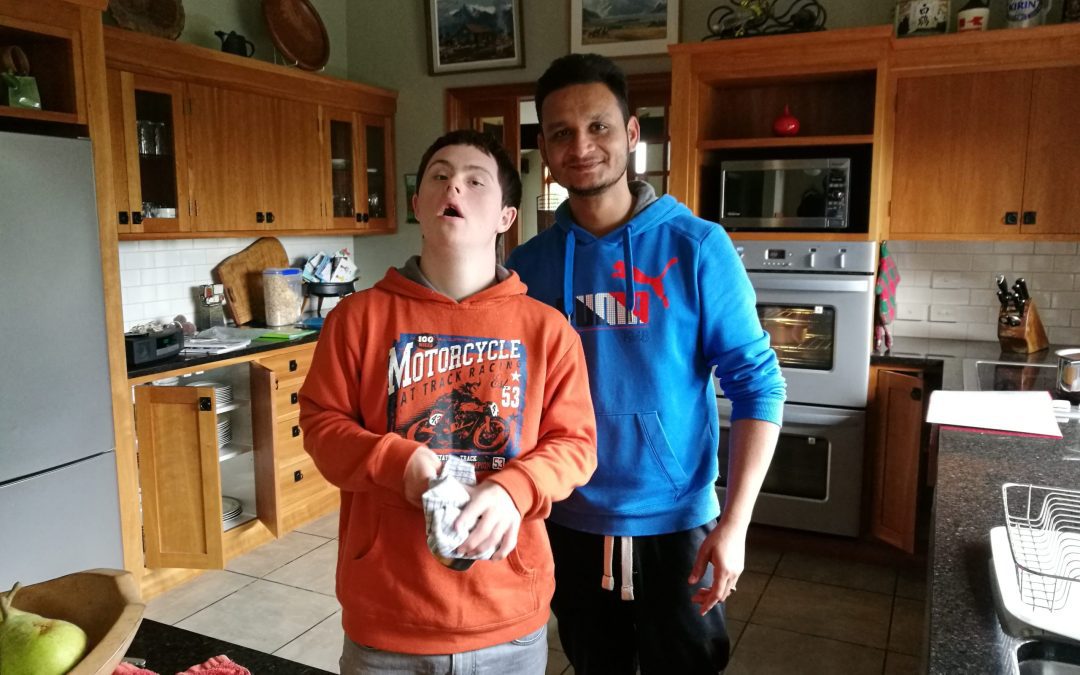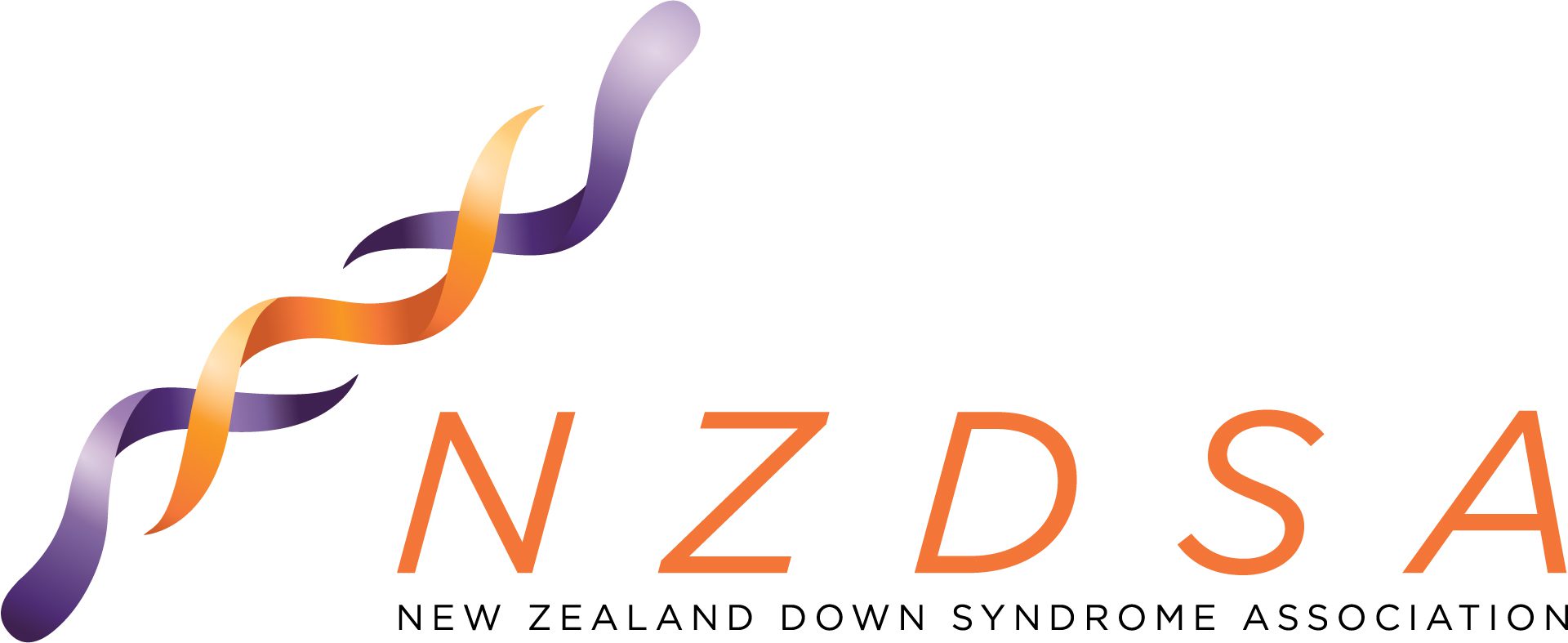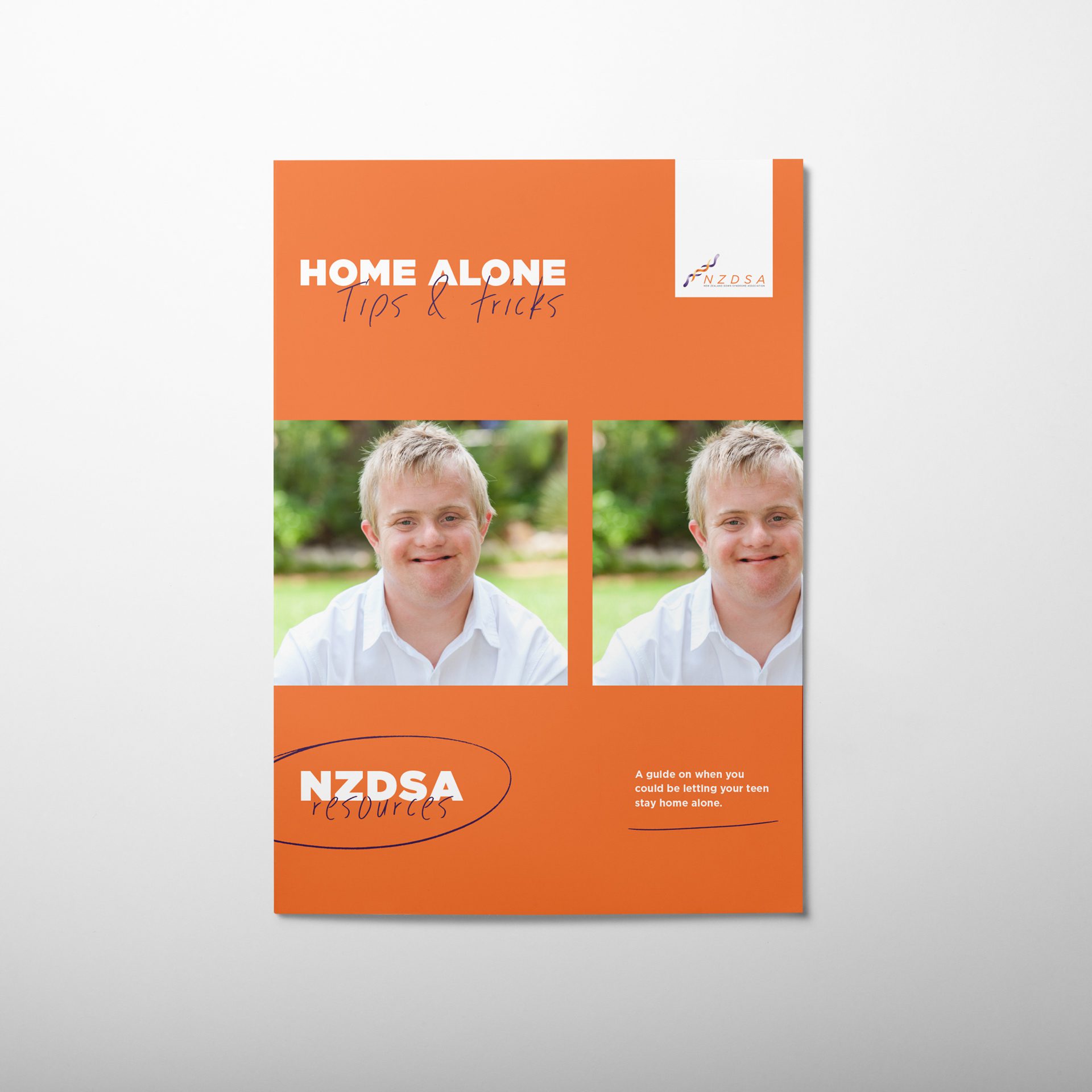

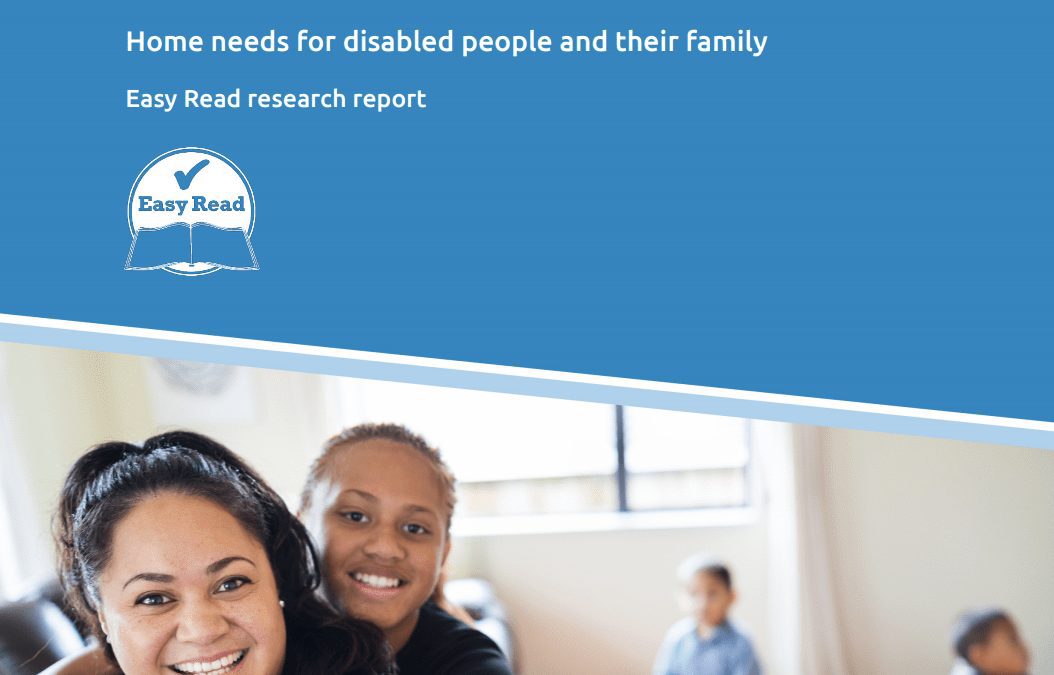
Where will we live in the future?
STEP UP A group of people with Down syndrome who have shown an interest in self-advocacy and want to work their way into the STRIVE team. Home 9 Search query for: pati Stand up loud Talk about Empowering People with Down syndrome to have Universal Participation...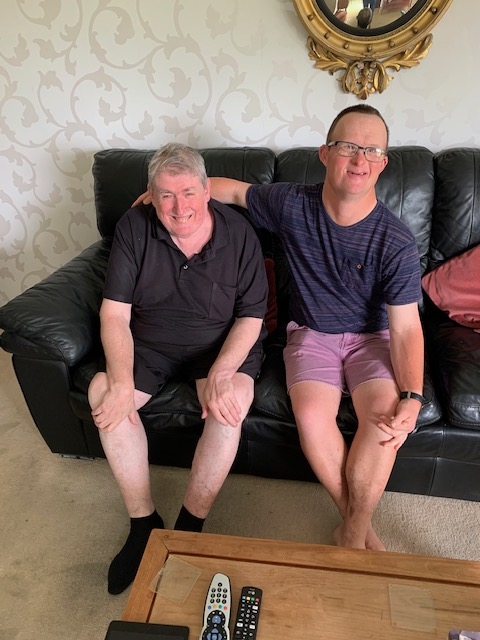
Edward enjoying his new flat
STEP UP A group of people with Down syndrome who have shown an interest in self-advocacy and want to work their way into the STRIVE team. Home 9 Search query for: pati Stand up loud Talk about Empowering People with Down syndrome to have Universal Participation...